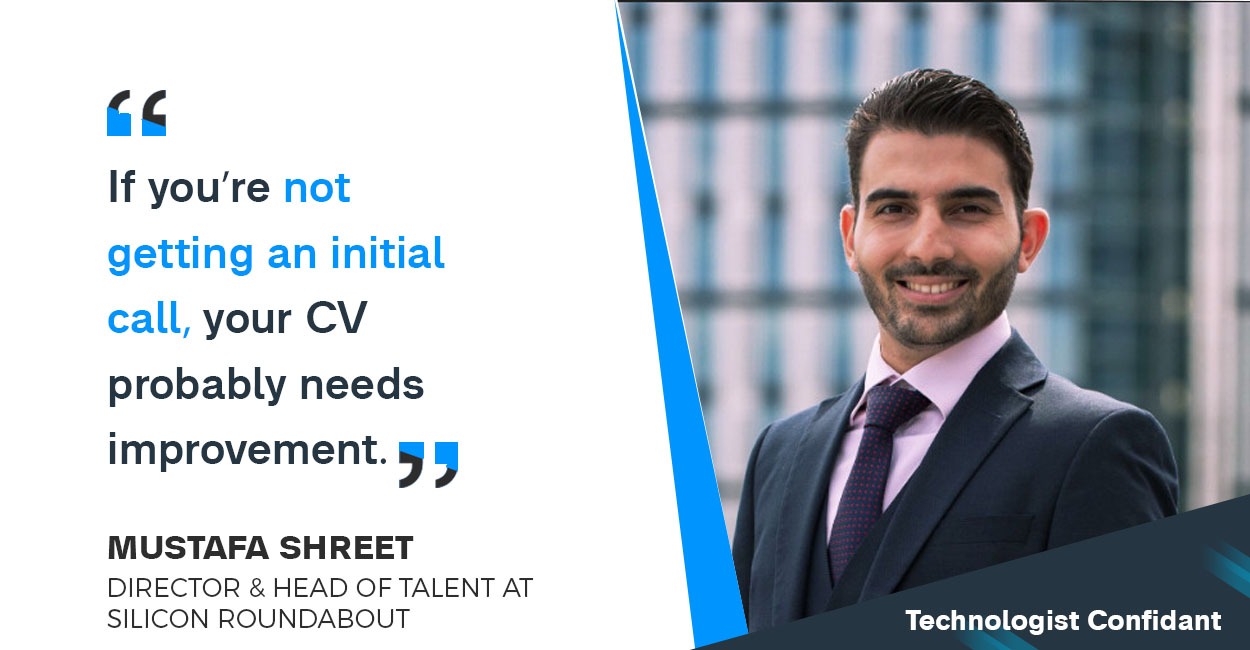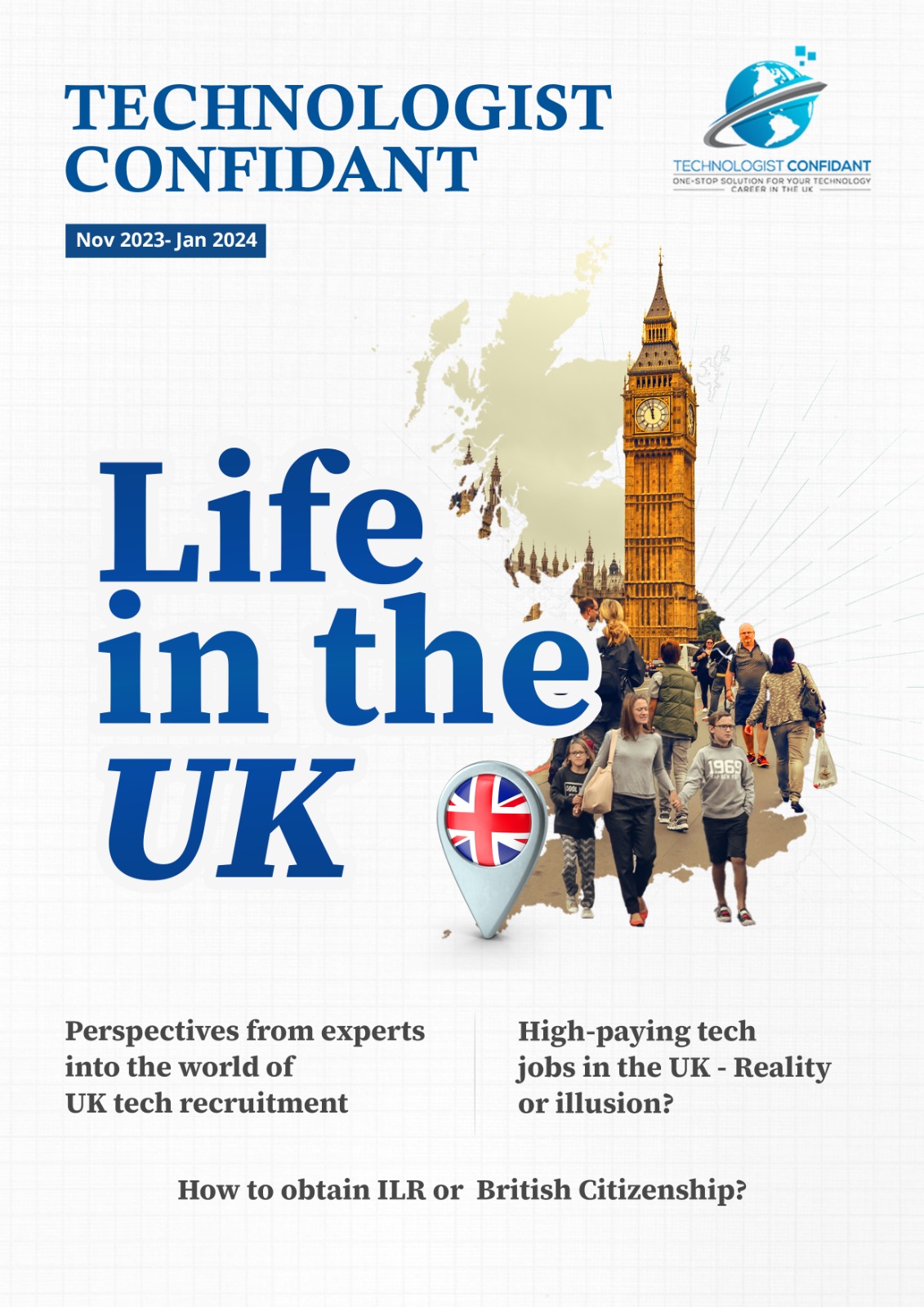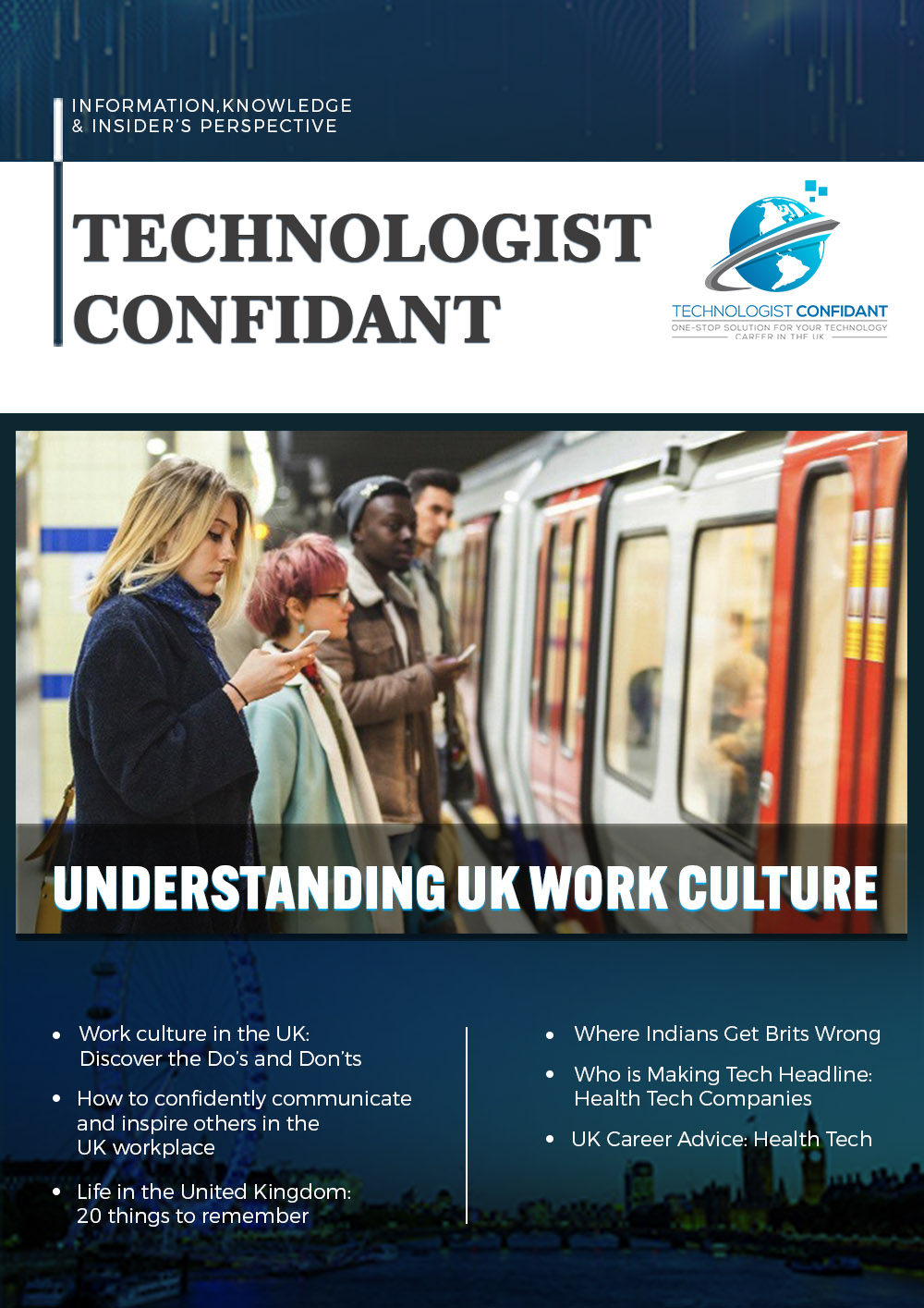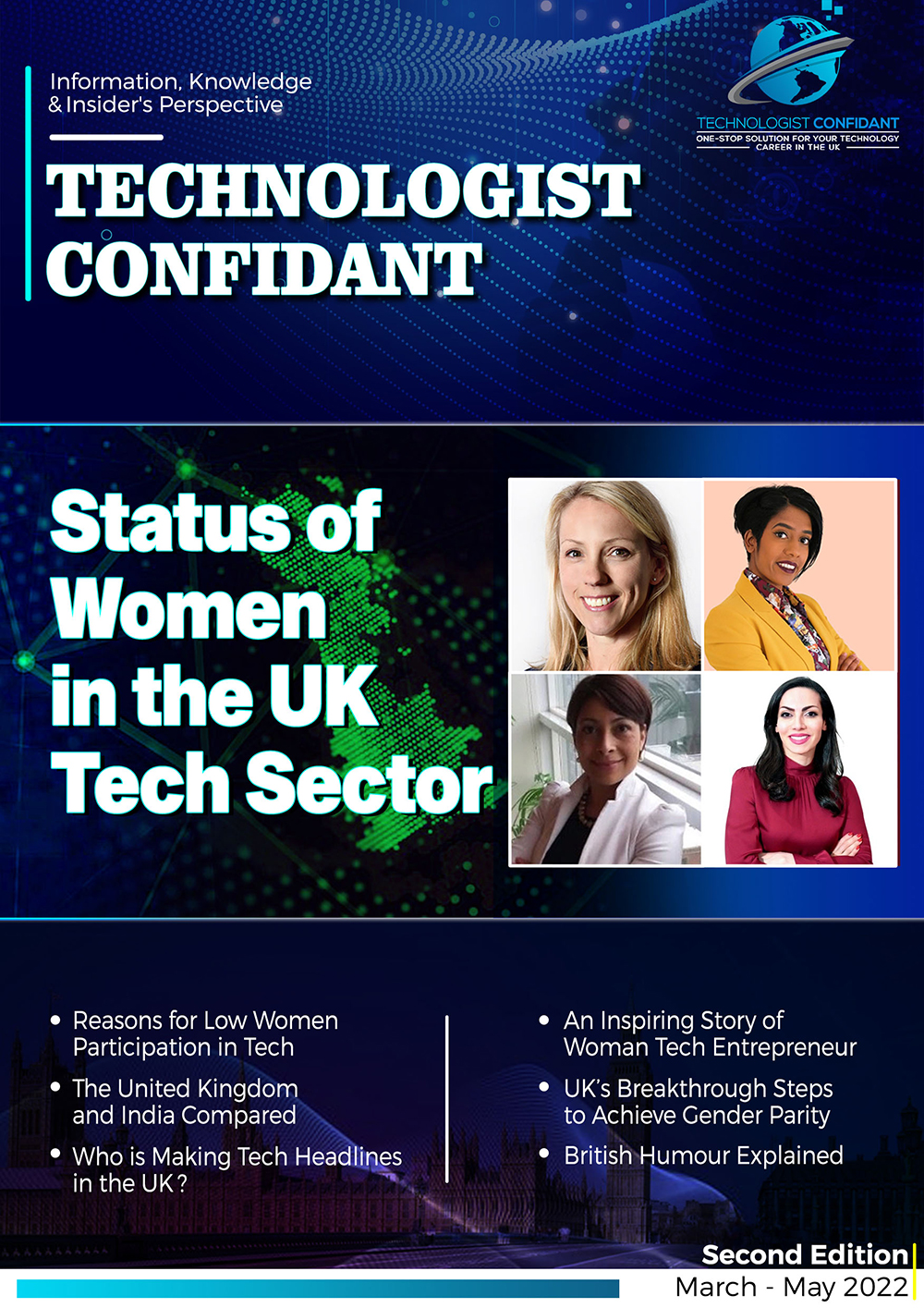Technologist Confidant spoke with Mustafa Shreet, Director & Head of Talent at Silicon Roundabout, to learn more about the UK tech industry, his advice to foreign professionals looking for jobs in the UK's tech sector, and his suggestions for various strategies that one may employ to land a job.
Working in a new culture, gaining new skills and seeing the world from a new perspective are very attractive to international professionals. However, for some people, it seems like a giant leap as it demands moving out of your comfort zone, starting again and establishing yourself as a leader. Even if you get out of your comfort zone and start again, work-life balance, poor administration and rigid employment laws put you off your leadership pathway.
For technology professionals, things are a bit more complicated. As technology evolves and businesses get more tech-focused, the need to be at the forefront of innovation and agile methods weighs more heavily on your leadership scale. The good news is that "The UK is enjoying a golden age in tech. Not only are we one of the best places in the world to start digital businesses, but there are countless opportunities for people to enter the sector and flourish in their careers", said Digital Secretary Nadine Dorries. In her statement to Tech Nation's people and skills report 2022, Dorries said, "We're working hard to open doors for people from all walks of life so that they can gain the skills and knowledge needed to make the most of our booming tech industry."
This may assure global tech champions like you to pursue a career in the UK tech industry, but the question is, "how?" For a time unknown, career change has been a complex negotiation for many professionals. What to do, where to look and whom to ask are the primary concerns that slow down your job hunt. In this article, TC outlines a conversation with Mustafa Shreet, the Director & Head of Talent at Silicon Roundabout, Europe's largest tech community with over 14,000 members. Mustafa, a former developer turned talent & HR professional, now the host of The Silicon Roundabout Podcast is also a startup fanatic who loves everything people, tech, and startup – ideally a combination of all three! Here's what he has to say about the UK tech sector.
What does the UK sector look like regarding job prospects?
The UK has had more job vacancies than ever before from Feb-April 2022. The latest research by Adzuna and Tech Nation reveals that tech roles now make up 14% of all job opportunities in the UK, up from 11% in 2019. Roles for software developers are still on the rise, and Data has risen from third place in prior years to become the number one skill in UK IT, with a 1006% growth in demand for data skills since 2019. Engineering has dropped from first to third place, but it is still a necessary skill, with a 216% increase in job advertisements that feature engineering skills.
There’s a lot of demand for people at the moment, and although we’re yet to come back to pre-covid times, in general, the number of permanent employees has broken the all-time high record in the past quarter; however, this was also offset a bit by the decrease in the number of part-time employees.
What is your first advice for international talent looking for a UK job?
The UK job market is difficult to enter if you don't have a visa or sponsorship. There's very little chance of securing sponsorship if you're based outside the UK (unless you are a senior-level professional such as a C-suite). Find out what visa you need to work legally in the UK. It's better to take an immigration professional's help in your visa application.
Secondly, if you've decided on a city, look into how easy it will be to locate work and a place to live. Examine how people commute and how that affects your budget and expectations.
How do you recommend that IT professionals prepare their job search strategy?
As a tech professional, you don't need to be based in the UK, as many companies now offer 100% remote opportunities. However, it's critical to have a network in another country; luckily, you don't even have to travel there to make small chats and mingle: use social media to identify and connect with people in your sector. Asking for help, guidance, and opinions is always a fantastic approach to getting your foot in the door. The best way to do this currently would be via LinkedIn. There are other methods, such as Otta, but LinkedIn remains presently the best route.
Remember, the competition is fierce, so don't give up or take it personally if you send 100s of applications and you still don't receive a decent response (other than a generic thank you and a generic rejection)
What are the most common mistakes candidates make that lead to rejection?
The CV is not clear enough for a recruiter/hr manager/hr assistant (usually the first person to read the CV). If you’re not getting an initial call, your CV probably needs improvement. I’d be happy to help on that front, but in short, it needs to be succinct.
Can you share the general hiring procedure of a UK employer?
When you apply for a job in the UK, a recruiter/hr manager/hr assistant views the CV. Second, they book a call with the candidate for a brief chat (be sure not to talk about yourself in general and try to sell yourself as a solution to whatever problem they have). The third step is meeting with the hiring manager. Fourth, technical assessment (this could be before or after a meeting with the hiring manager). Final interview again with the hiring manager and another senior member (can also include meeting with some teammates).
This is the minimum process which sometimes can be longer.
What are the most important elements to consider while applying to a British organisation?
Don’t bother digging into the company’s history if it’s very old. It’s about the problem they have now and the solution you bring (especially in tech).
Any interview advice?
Do research (on the company, what they do, what issues they currently have, why they need this position filled, and some research on the hiring manager), be on time and never late (ensure your connection is stable and working at least 10mins before the interview), a follow-up email to the interviewer would be a nice gesture.
Connect with Mustafa @ LinkedIn | Website






